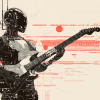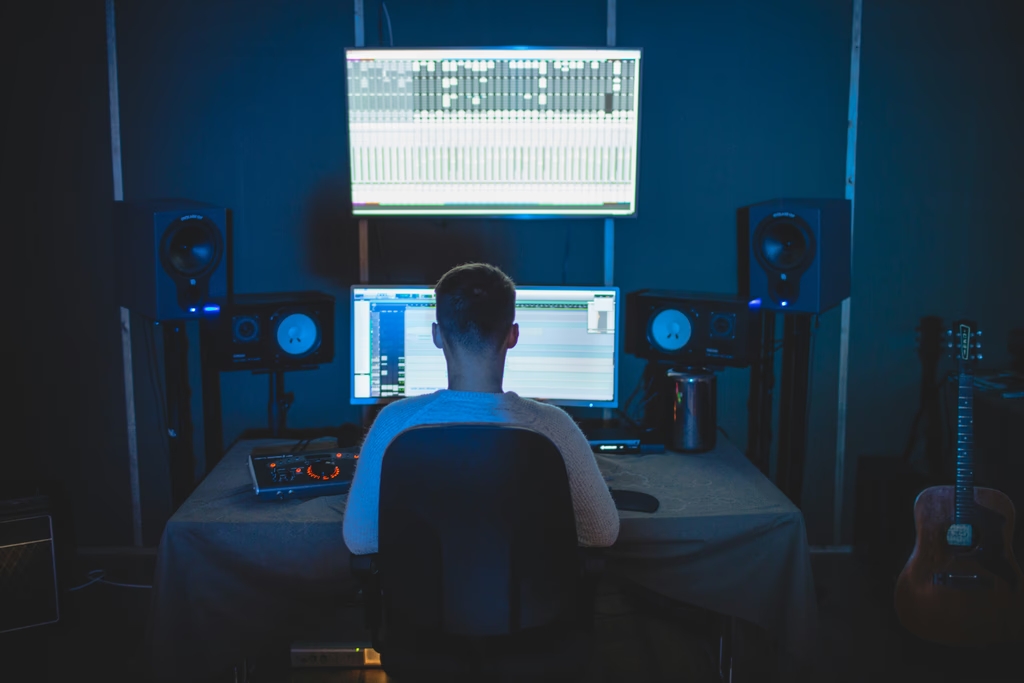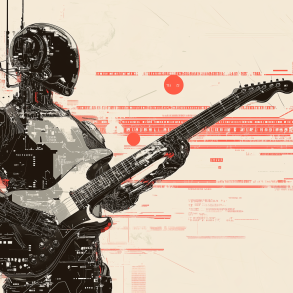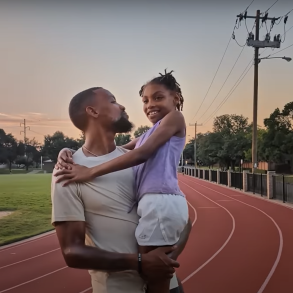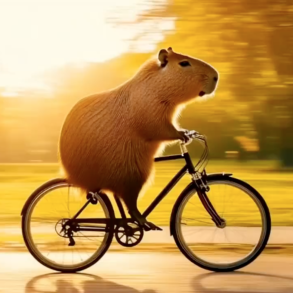New AI Music Platform Collab Club Promises Generative AI’s Ethical Integration with Music Industry
An increasing number of artificial intelligence tools are becoming available for a wide range of creative professionals, including artists, designers, writers and more. One of the newest and potentially most promising platforms to join the mix has been Collab Club, which specifically caters to the music industry, but may offer a framework for other creative fields as well. Unlike other platforms, Collab Club isn’t just providing a catchy tune; instead, it’s training AI music producers in collaboration with some top talent in the industry today.
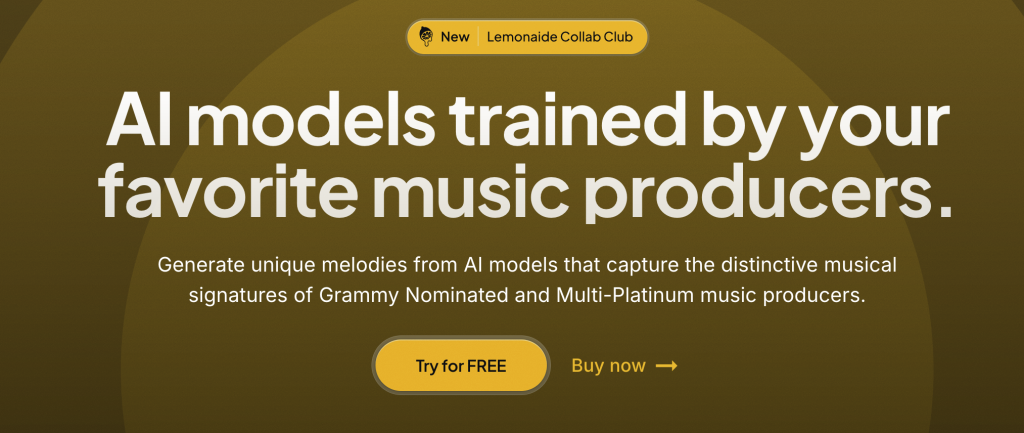
Intriguingly, Collab Club’s framework also offers potential inspiration for other fields, such as fashion. Collab Club places emphasis on “ethical generative AI”, ensuring that it doesn’t use other people’s work to train its models without permission. This approach comes as a response to the contentious technological practice causing unrest among rights owners across music, film, and publishing sectors.
The creation and development of Collab Club stems from music tech firm Lemonaide. “All AI models are massive sets of data,” elucidated Michael Jacob, the founder and CEO of Lemonaide. “We’re taking the bet that people don’t just want to work with an AI model; they want to work with creative materials and creative people.”
Kato on the Track was the first artist to be signed by Lemonaide. They worked together to train the AI on his music catalogue. As a result, any user now can tap into the AI trained by Kato, a producer who has worked with well-known artists such as Tyga, Joyner Lucas, Ice Cube, and Snoop Dogg.
“The technology and AI training that went into my model is incredible,” said Kato. “I’m just excited to work with the brilliant Lemonaide team to be the first producer to have their own AI model and offer it to beat makers and producers around the world.”
We won’t be surprised to see other creative fields, from illustration to fashion, picking up on this approach. An analogous application of this model in the fashion industry might involve training an AI on a creative director’s work, from previous and current collections to even undocumented sketches. Such a trained AI could then collaborate with anyone, from VIP clients for a customized collection to new artists or even other AI systems.
